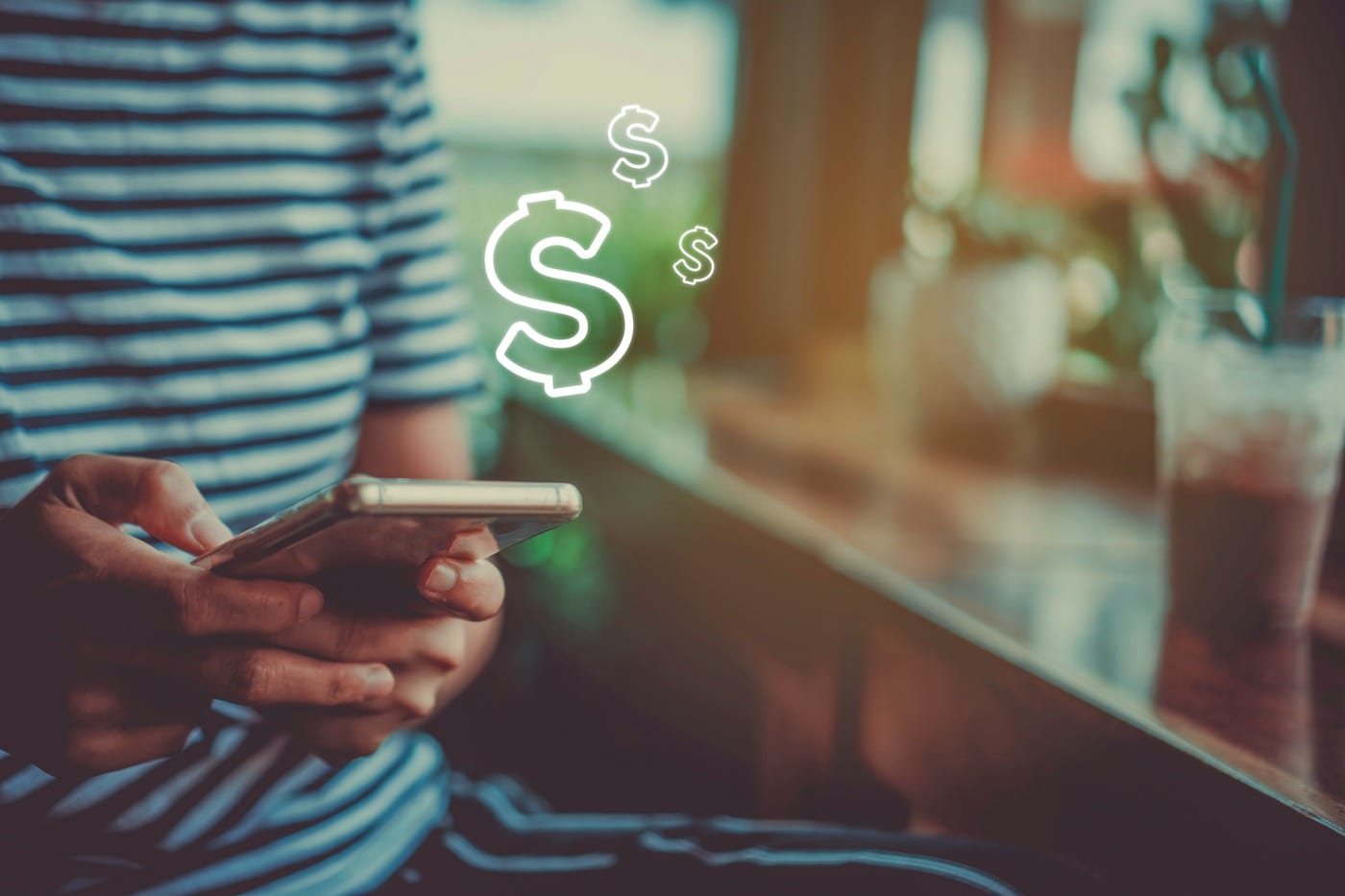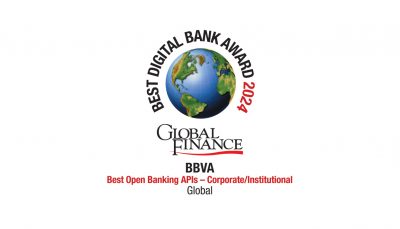Purchase financing has historically been a purely banking issue. If a customer bought a good that he or she did not have the capital for, the financing options would entail going to a branch or using a credit card. APIs now make it possible to integrate banking services so customers do not abandon the purchase and receive their financing throughout this process, thus making them loyal.
This enhancement to the customer experience was already underway decades ago with credit card purchases, but reaches its full potential through checkout financing. This process enables the customer to get tailor-made financing in each purchase and, therefore, provides an incentive to return to the same establishment both online and offline.
The payment method is a way to build customer loyalty
A customer is said to be loyal when they feel some loyalty to a particular brand, product, or service that they also purchase on a recurring basis and even recommend to third parties. It is usually measured through customer lifetime value (CLTV), which tries to predict the net profit attributed to the entire future relationship with a customer. The higher, the better.
In practice, customer loyalty consists of managing to get the customer to come back again, turning each sale into an action aimed at ‘reloading’ or enhancing that loyalty, with there being many extremely varied mechanisms to do this.
Some of the most basic loyalty mechanisms are obvious: exceptional product quality or service and being well-treated at a personal level. Factors that bring buyers back. Others are more subtle, such as neuromarketing techniques with rounded prices, music, colors, and pleasant environments that invite you to buy; and some focus purely on the utilitarian part: making the purchase and its process easy.
This is where payment methods come in as a form of loyalty, again entailing a range of options. One of these would be making it possible to pay in a foreign currency, such as paying with dollars in Spain; through a specific banking system, such as Bizum; or doing so via your phone or smartwatch.
Another way to build customer loyalty is to use the store’s own card or account that accumulates points (e.g. one euro, one point), setting future discounts based on the present expense. However, in payment methods, purchasing on credit or deferred payment stand out, which are the “I’ll put in on the tab” in digital format.
How can a purchase be financed in a store?
Traditionally, purchase financing was carried out only with large items such as buying a home, buying a car or paying for advanced studies. Nowadays, buying on credit is feasible for all types of quantities, and businesses can implement their own financing systems to build customer loyalty by making the purchase easier for them.
All this can be done using the Checkout Financing API, a process by which the seller offers a credit facility to the customer through a third party, regardless of which banks the customer or seller belongs to. This tool facilitates the purchase process and in many cases even makes it possible.

Thus, this system enables individuals to become customers when this would not have previously been possible. Consider, for example, a family that wants to purchase an A+++ appliance to replace their current one but does not have enough capital to make the purchase at the moment. This family is not a customer, since it does not have the means to buy the good in question.
In addition, if a customer knows that there are two establishments where they can buy a certain good and one of them allows split payment of a certain amount, it ties in to suspect that they would choose to go to the company that offers the greatest payment flexibility. At the end of the day, it allows both traditional instant payment and an additional form. It is flexible.
What is the difference between checkout financing and credit cards?
Credit cards are a fantastic tool when it comes to obtaining capital and liquidity, but their disadvantage is the terms and conditions under which that money is advanced to the buyer. In addition, a credit card has to be present at the time of purchase. The customer has had to order one and activate it, which is not always a given.
In the case of checkout financing, and BBVA’s namesake API, the customer will have flexibility in deciding the installment terms, which is much more convenient and less rigid than credit cards. In this way, the customer can simulate different scenarios and then choose which of the proposed installment terms suits their specific needs. The end result is identical to that given by credit card (purchase in installments) but the payment mechanism is put on the customer’s side with the aim of making their life more convenient.
In other words, the Checkout Financing API returns the purchasing power to the consumer, who will be able to know at all times the terms and conditions they will have to return it. All without switching bank accounts and being able to buy more than once with the same system, which enables the possibility to add payments up to a certain limit.
Loyalty derived from being able to add credit
One of the most significant advantages of Checkout Financing in terms of loyalty is the possibility to group credit under the same conditions. In other words, a customer who purchases a good from a store and chooses to pay for it for a certain number of months can continue to shop at that store with one click until they reach their maximum available credit limit.
Once their credit facility is opened, this customer will not need documentation or cards to continue shopping in the same store. This is an important factor when it comes to increasing their customer lifetime value, since they will have something similar to a customer account with the confidence that BBVA provides.
This way of building customer loyalty is based on giving them a better service and providing them with payment alternatives so that they are the ones who decide when to use them. The Checkout Financing API is available at BBVA API_Market.
Are you interested in financial APIs? Discover all the APIs we can offer you at BBVA



























